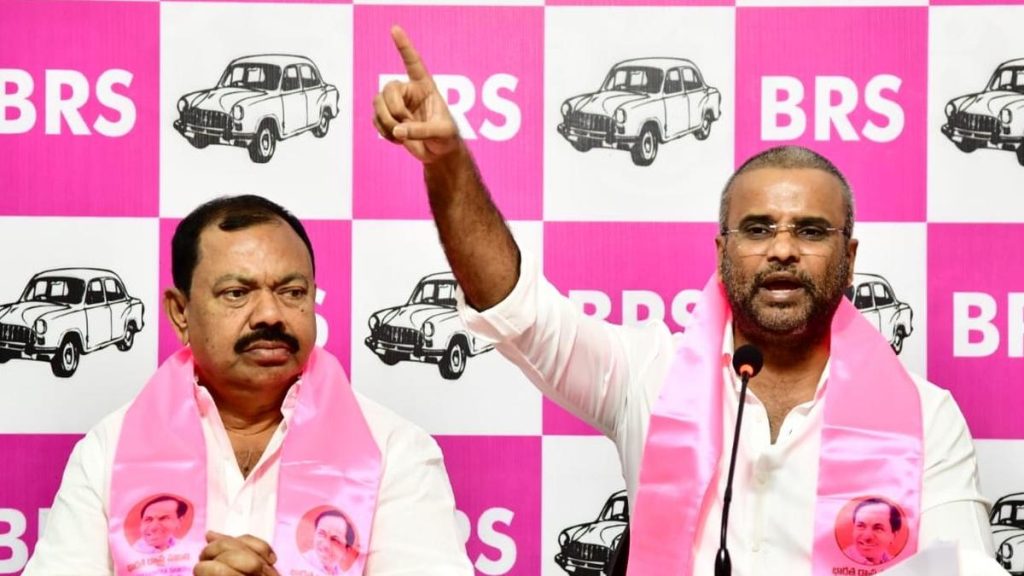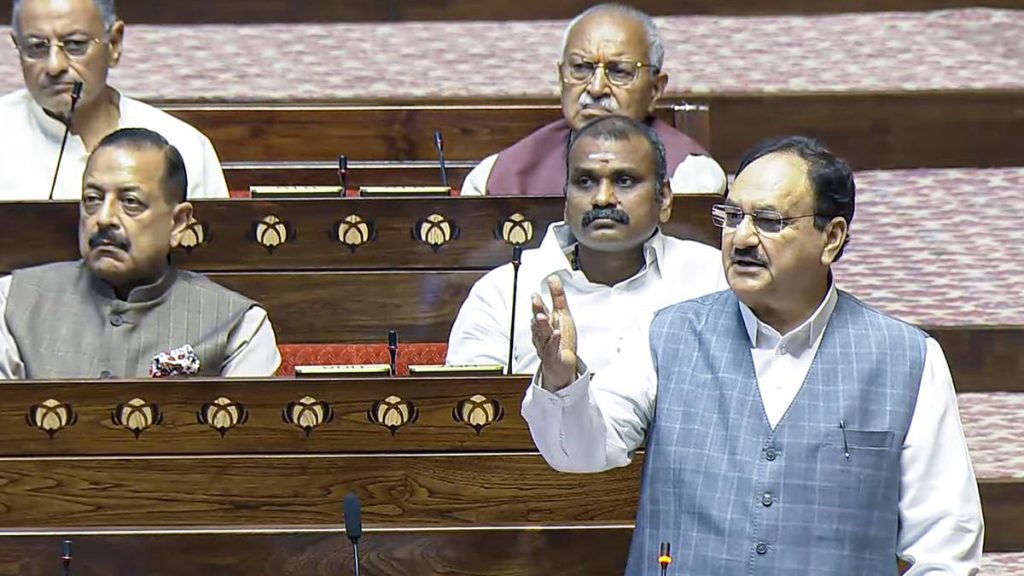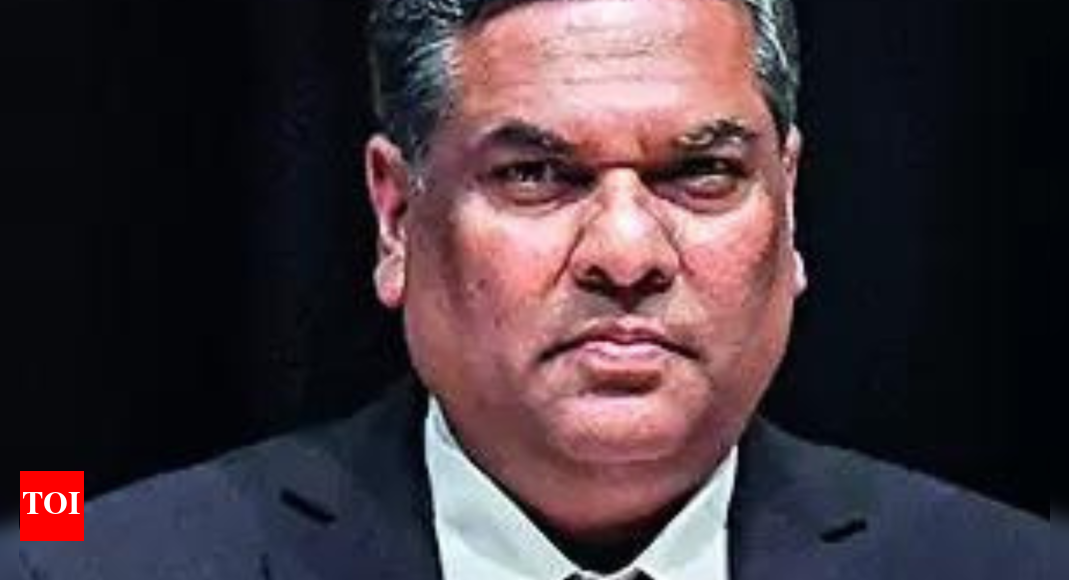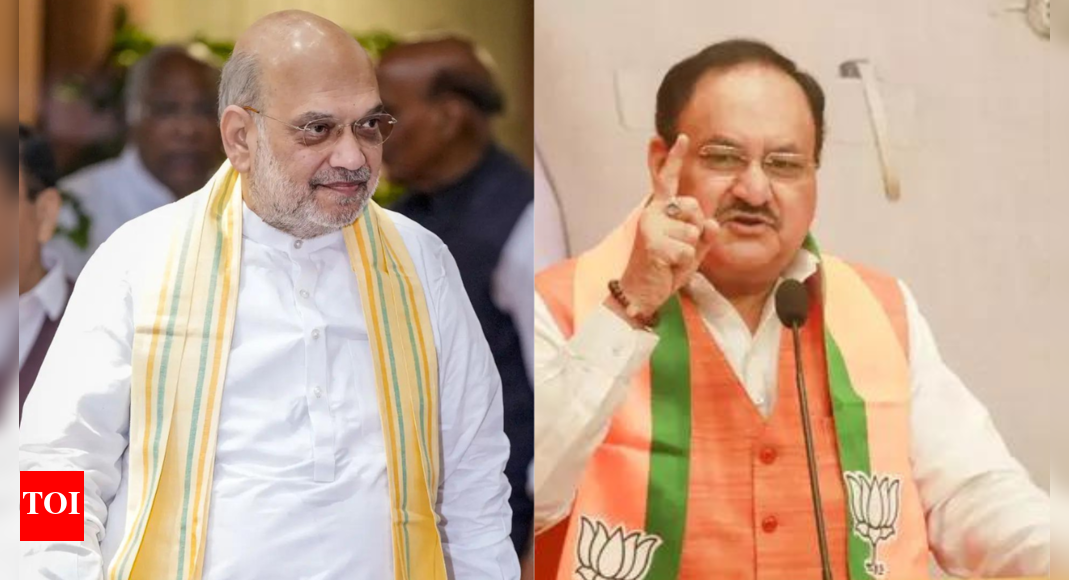Now Reading: Justice for All: CJI-Designate Gavai Vows Commitment to Equality
-
01
Justice for All: CJI-Designate Gavai Vows Commitment to Equality
Justice for All: CJI-Designate Gavai Vows Commitment to Equality

fast Summary:
- Justice Bhushan Ramakant Gavai is set to become IndiaS 52nd Chief Justice of India (CJI), succeeding CJI D Y Chandrachud.
- He will be the first Buddhist and second Dalit CJI in India’s Supreme Court history.
- Inspired by Dr. B.R. Ambedkar’s principles of liberty, equality, and fraternity, Gavai views his judiciary role as an opportunity for advancing social and political justice.
- His focus includes equitable justice irrespective of societal or financial status, timely judicial proceedings, diversity in judicial appointments, and reducing case pendency across India’s legal system.
- Plans to promote affordable litigation through collaboration between national and local legal services organizations are part of his agenda.
- As head of the SC collegium during his tenure, he will oversee the filling of five upcoming vacancies in the Supreme Court.
- Justice Gavai reflects on humble beginnings in municipal schooling in Amravati before studying law; he was appointed a judge at Bombay HC after notable legal practice.
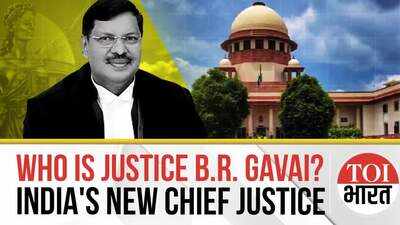
Indian Opinion Analysis:
Justice B.R. Gavai’s elevation to the Chief Justice position marks both a past milestone-his identity as India’s first Buddhist CJI-and an opportunity for addressing systemic gaps within India’s judiciary under a vision rooted firmly in socio-political inclusivity inspired by ambedkarite values. By prioritizing diversity through increasing representation for women judges and marginalized groups without compromising meritocracy, his tenure could bring transformative changes that align with democratic ideals.
His commitment towards timely justice delivery may help address long-standing issues like case backlogs if necessary infrastructure advancements are achieved efficiently at district levels as promised. Synchronization between various legal aid entities could enhance accessibility for economically disadvantaged litigants-a crucial need given India’s notable poverty-linked barriers to justice.
as head of the collegium with multiple SC vacancies during his term, how well these ideals translate into practical implementation through appointments will likely shape public confidence in judicial fairness going forward.


